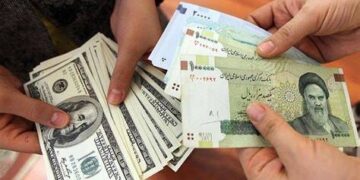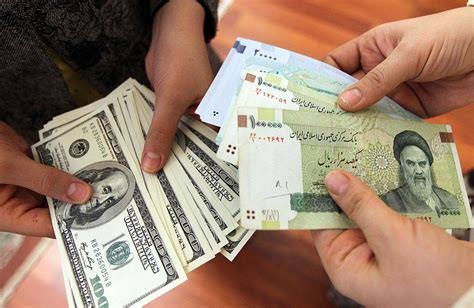By Lucy Adautin
Egypt has officially shifted away from using the US Dollar in trade, aligning with the BRICS de-dollarization strategy.
It was among five countries that accepted an invitation to join the alliance during its 2023 summit.
Consequently, Egypt has fully embraced the transition to local currency commerce thus far.
The BRICS expansion marked the alliance’s first growth since 2001, and it had far-reaching geopolitical repercussions.
In addition to Egypt, Iran, Saudi Arabia, the United Arab Emirates (UAE), and Ethiopia are expected to join the alliance. Egypt has already expressed its intention to transition away from using the dollar in trade.
Throughout much of the past year, BRICS has garnered significant attention for its activities and initiatives. These actions have been characterized by a desire to reduce the global dominance of the US dollar and to expand its membership. Consequently, both of these objectives align with a recent development that took place this week.
The country’s Ministry of Foreign Affairs stated its intention earlier this week. The country assured that it will work to urge countries it trade within national currencies to lessen the burden of the rising cost of utilizing foreign currencies for settlements.
Furthermore, the country said that the decision was a result of a global economic shift. Indeed, they noted the “international crises over the past four years,” as a major development in its decision.
READ ALSO: Reopening Of Niger’s Border With Nigeria: X-raying The Economic Implications
Subsequently, it is likely the change in trade currency is rooted in similar factors that have pushed the same action in many of the BRICS nations.
Following what happened to Russia, every BRICS country exists with a fear of imposed Western sanctions. Moreover, the United States economy and rising debt are not the most calming statistics for countries that rely on the currency.
Hence, transitioning to reliance on local currencies is deemed the optimal path for all emerging nations and for the overall health of the global economy.




































